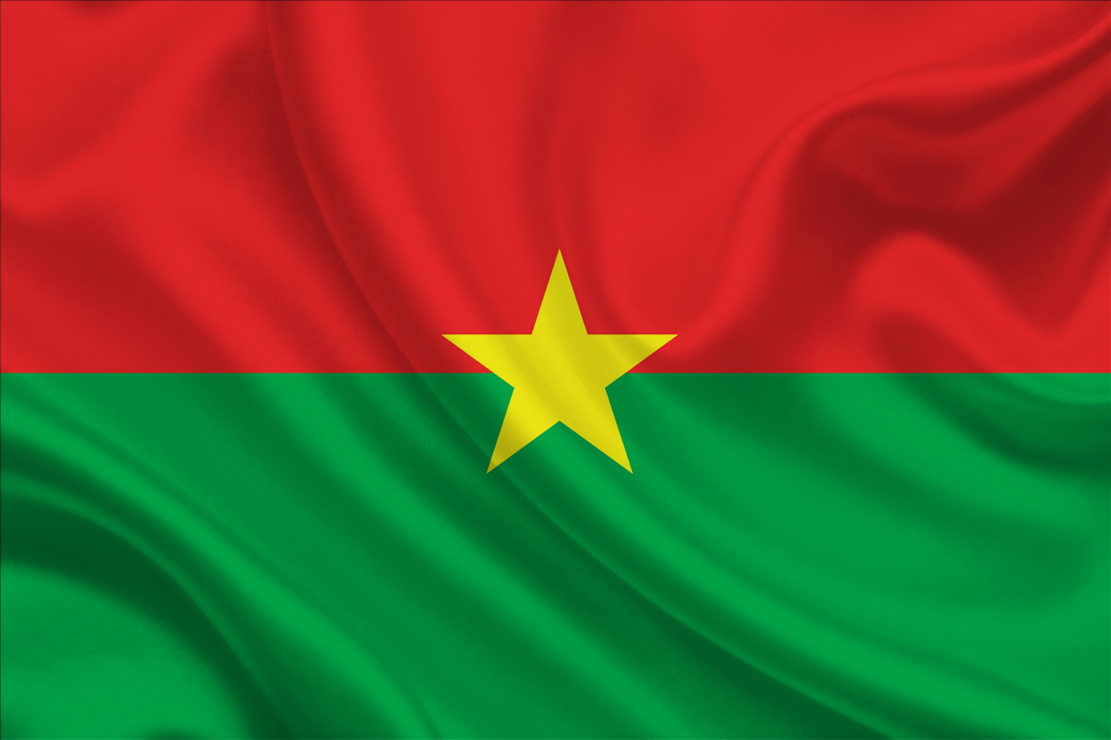Burkina Faso’s military government has announced the abolition of the country’s electoral commission, saying it is too costly to maintain. The news, which aired on state-owned RTB television, marks the latest shift in the junta’s controversial political reforms since coming to power in 2022.
According to the government, the duties of the electoral commission will now be transferred to the Ministry of Territorial Administration and Interior. The move, authorities say, will help reduce government spending and increase national sovereignty over the electoral process.
The Minister of Territorial Administration, Emile Zerbo, told reporters that the electoral body was receiving annual government support of nearly $870,000 (approximately ₦1.3 billion), which he described as a burden on the national budget. “Scrapping the electoral commission will reinforce our sovereign control on the electoral process and at the same time limit foreign influences,” Zerbo said.
The decision to dissolve the commission is being seen as part of a broader political agenda by the junta, led by Captain Ibrahim Traoré, who took power in a coup in September 2022. The military government had previously suspended the democratic process and postponed general elections that were initially scheduled for 2024.
In early 2023, the transitional authorities announced a fresh timeline, delaying the return to civilian rule until July 2029. This extension gives Capt. Traoré, who has consolidated power since the coup, an opportunity to contest in future elections and continue ruling the country beyond the transitional period.
Critics argue that the latest move to abolish the electoral commission further undermines democratic structures and places too much control over elections in the hands of the executive branch. International observers have raised concerns about transparency, fairness, and the shrinking space for political opposition in the West African country.
Rights groups have also voiced alarm over what they describe as a pattern of authoritarianism since the junta took over. Allegations have been made that the military government is silencing dissent, stifling political activism, and limiting press freedom.
The government has justified its strict control measures by citing the worsening security crisis in the country. Burkina Faso has been battling a growing Islamist insurgency linked to al-Qaeda and Islamic State. The violence, which has claimed thousands of lives and displaced millions, was one of the key reasons the military gave for overthrowing the previous civilian government.
But questions remain over the effectiveness of the military’s efforts. According to jihadist group Jama’at Nasr al-Islam wal Muslimin (JNIM), it carried out over 280 attacks in Burkina Faso in the first six months of 2025 alone. That figure is more than double the number of attacks recorded during the same period in 2024, raising doubts about whether the military’s strategy is working.
Following the coup, the junta broke ties with France—Burkina Faso’s former colonial ruler—and instead turned to Russia for military and diplomatic support. This pivot is part of a larger trend across West Africa, where several military-led governments have sought to distance themselves from Western influence.
Locally, reactions to the dissolution of the electoral commission are mixed. While some citizens say the government should cut costs during economic hardship, others believe such decisions should not come at the expense of democratic principles and the rule of law.
The situation in Burkina Faso continues to attract the attention of regional and international actors, especially the Economic Community of West African States (ECOWAS), which has urged the junta to return to constitutional order.
As it stands, the electoral process in Burkina Faso is now fully in the hands of the military-controlled interior ministry. With no independent body overseeing elections and with a prolonged transition, many fear that the future of democracy in the country remains uncertain.
